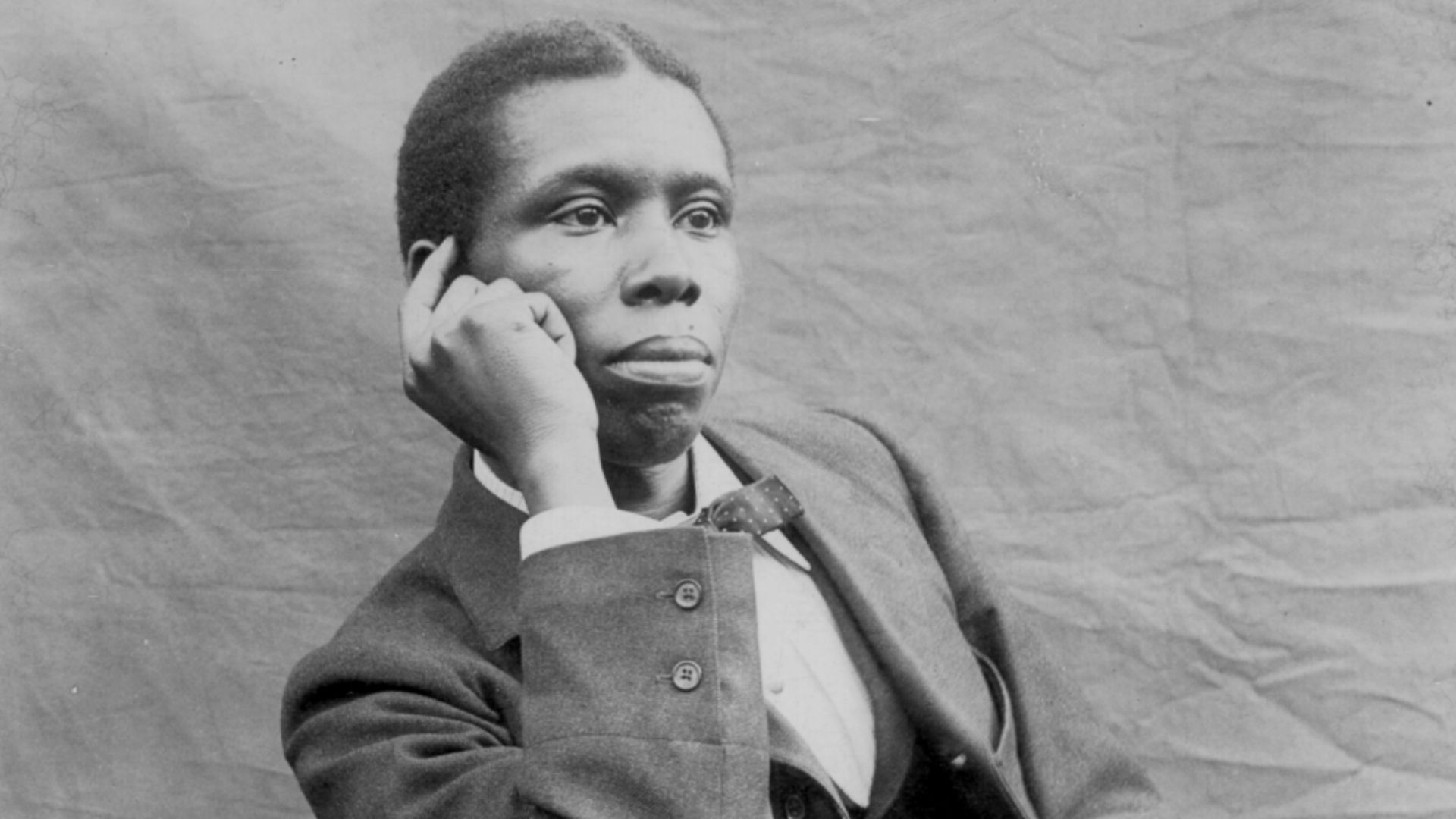A Banjo Song Comments
OH, dere's lots o' keer an' trouble
In dis world to swaller down;
An' ol' Sorrer's purty lively
...
Read full text
I agree with Ray. I know these days there is criticism and/or embarrassment that Dunbar chose often to write in what was then called dialect (now we would say ebonics) and that his transcription of the dialect was sometimes inaccurate (after all he was not a modern linguist or phonetician) . But one should remember that this was an era when the US was searching for its own unique voice in poetry, and one of the paths sometimes taken was that of local American dialects (e.g., James Whitcomb Riley) . Dunbar was recognizing and honoring the language of his black brothers and sisters in these poems. They were loved and recited in both white schools and black. The number and quality of his poems are simply astonishing, given his very short life. He is a forerunner of James Weldon Johnson and then Langston Hughes, Countee Cullen, Claude McKay, and the Harlem Renaissance. We should honor him and share his works.
46 votes, and no comments? ! is there something wrong with this site? this poem is awesome! -

A beautiful, sonorous rendition.